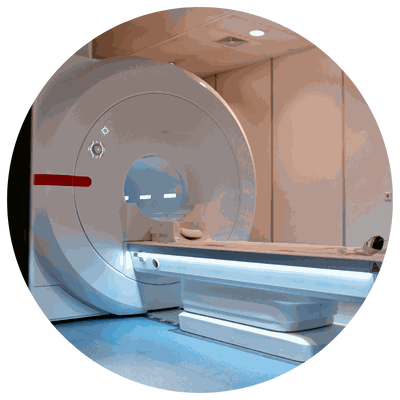Next generation cancer treatment are light-activated
February 28, 2023 | Histopathology
A study published by a research team of the University of East Anglia (UEA) promises new treatments that are believed to be highly targeted and more effective than existing cancer immunotherapies. The treatment would work by switching on LED lights embedded close to the tumor, which would consequently activate biotherapeutic drugs. This implies that future immunotherapy treatments could be engineered to attack tumors with more precision.
Dr. Amit Sachdeva, main proponent of the study, revealed the reason behind this innovative idea. Chemotherapy and other current cancer treatments kill cancer cells but they also harm healthy cells, causing unwanted side effects. And even though developed antibodies and antibody fragments are more selective than the cytotoxic drugs used in chemotherapy, they still trigger adverse side effects as antibody targets are present on healthy cells.
The UEA team engineered its antibody fragments which were both light activated and could fuse with their target. They employed optimized methods from previous studies to site-specifically install light-sensitive amino acids into antibody fragments. These fragments bind to and form a covalent bond with its target upon irradiation with UV light of a specific wavelength. This means that drug molecules or antibodies can be activated by shining light either directly on the skin or by using small LED lights that could be implanted at tumor sites.


This mechanism allows for cancer treatments to be more efficient and ensures that healthy cells are not affected by specifically targeting molecules that are within the vicinity of the tumor. This potentially reduces side effects for patients while improving antibody residence time in the body.
The treatment works for cancers where there is a solid tumor like skin cancer. Unfortunately, it doesn’t work for blood cancers. If the researcher’s work is deemed successful, we can expect to see highly targeted light-responsive biotherapeutics treating cancer patients within the next 5 to 10 years.